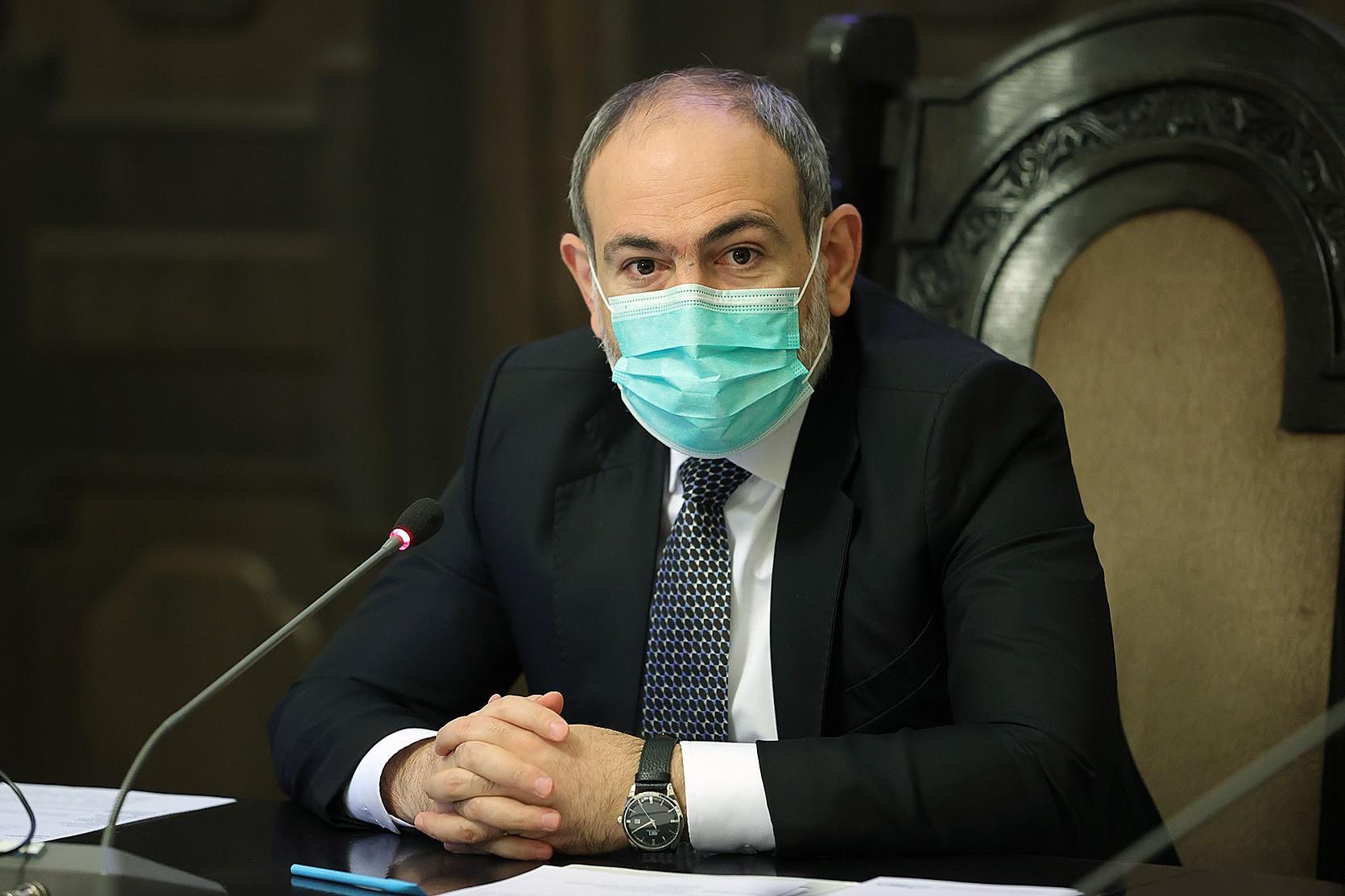
Pashinyan Says Armenia Needs International Expertise to Identify Remains of Fifty War Dead
Acting Armenian Prime Minister Nikol Pashinyan, at today’s government cabinet session, said that all attempts to DNA identify the remains of fifty individuals killed in last year’s Karabakh war had failed, and that the government would have to call in international experts.
Pashinyan opened the cabinet session by referring to recent revelations that the remains of dead Armenian servicemen, killed in last year’s war, had been stored in improper conditions at the Abovyan Forensic Medical Center.
"The fundamental question that I think should be answered is whether this reflects the attitude of the state or the government towards the fallen soldiers, the dead in general," said Pashinyan, who then asked Acting Minister of Health Anahit Avanesyan to present what reforms had taken place in this field since 2018.
Avanesyan said that prior to 2018, the ministry’s forensic service only had the Yerevan morgue, with inadequate refrigeration capacity to handle such remains. There were no such facilities outside the Armenian capital.
"The forensic service had 25 refrigeration facilities in Yerevan. Now it has about 200. After 2018, a program to create a network providing services in accordance with the necessary national forensic medical standards was developed and implemented. Forensic medical branxches have been established in the cities of Metzamor, Abovyan, Gyumri, Vanadzor, Yeghegnadzor, Sevan and Goris,” Avanesyan said.
Avanesyan said that Armenia had no genetic research equipment prior to 2018.
In December 2020, Hetq talked to Diana Harutyunyan, a forensic genetic expert at the Center's Department of Molecular Genetics Testing, about the issue.
Harutyunyan said Armenia acquired the Applied Biosystem 3500 genetic analyzer (sequencer), a genetic analysis system satisfying international standards, was acquired in December 2018, and transferred to the Forensic Medical Center.
The device studies the short tandem segments of the human genome, which allows forensic genetic testing to be performed by establishing blood ties and obtains data in line with international standards.
 Videos
Videos Photos
Photos
Write a comment